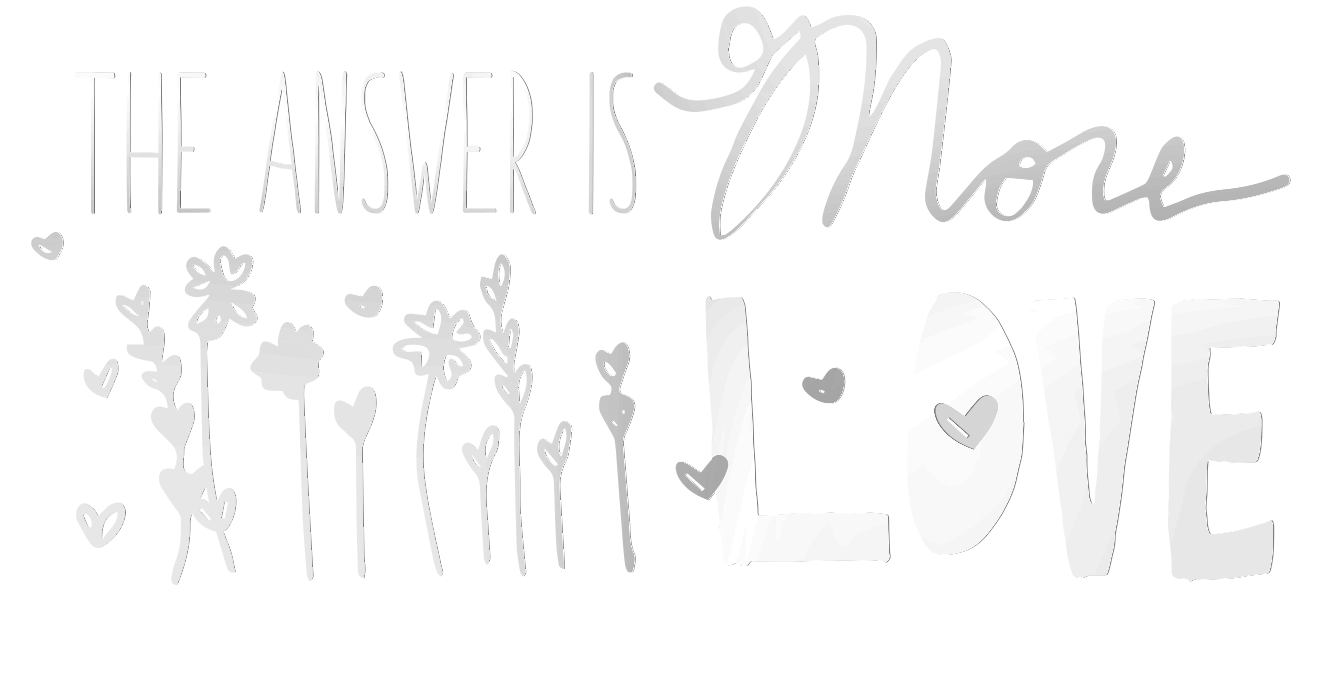A mother looks her newborn in the eye, head on. She smiles at her darling new baby and the baby mirrors her look. This little one smiles, coos, and kicks, as if begging his mother to continue. But the mother looks away. When she finally looks back, her face is different—stoic or even frowning. Her infant is stunned. He tries to reengage her, but when he fails, he mirrors her face again, with his own look of sorrow and dismay. Even a couple of weeks later, the baby still remembers this troubling experience! (Kelli Harding, MD, MPH, The Rabbit Effect Atria Books, 2019, p. 27.)
When would this scenario ever happen? Very often actually. Enter cell phones. Think about how many times we are interrupted in our parenting, by the ring of a cell phone. How often is a cell phone call discouraging, stressful, or full of bad news? All these leave us feeling distracted and distraught by what we just heard.

Eye Contact may be way more important than we realize. We know the importance of Attachment, the bonding that occurs with a newborn to wire up her brain and give her a place for future experiences to make sense. (The Godly Power of Attachment | The Answer Is More Love) But there is more. Even just paying attention to our babies, especially with eye contact, makes a huge effect on their normal development. “Our intimate, one-on-one bonds are the most important critical hidden factor in our health. From the earliest moments of life, they are the building blocks of trust and attachment that can carry us through a lifetime of relationships.” (Rabbit Effect, p. 29)
One researcher documented this scenario. In this study, a mother and a baby sit, facing each other. They are happily interacting. Smiles and delighted coos go back and forth. It’s “charming.” Next, the mom’s face suddenly falls flat, and she becomes unresponsive to the child’s attempts at interaction. She turns away. The baby tries to reengage her with coos with no success. The baby becomes visibly distressed and cries out. Eventually, with no response, the baby looks away too. “It is painful to watch.” When normal interaction start again, there is temporary success, but things are not quite like they were before. The child looks uncertain and distraugt. Many follow-up studies show the strength of the “still-face effect” since when the parent reengages, the child smiles less and looks sideways more. Tests also show that babies seem to recall this upsetting experience a couple of weeks later. (Rabbit Efect p.27-28 )
We must be smarter than our distractions. We must take time to be in the present and focused on the child in front of us. Don’t we all love to dovetail! It is so efficient to take a call when we are doing three other things at the same time. But we must beware of the need for our undivided, happy expressions, to give our babies, at the crucial beginning of their lives and on up!

Babies learn empathy for others by mirroring a parent’s facial expression. In fact, studies show that we all are wired to mirror the facial expressions of those we interact with during the day. Looking away hinders all this learning. (Rabbit Effect p. 28.)
We know that physical touch is important to loving, normal relationships. Holding hands lowers blood pressure, heart rate, and corisol In fact, an ultrasound showed twin babies, one healthy and one struggling. The healthy twin had reached over and held the hand of the struggling twin. (Rabbit Effect p. 25.) Along with touch, we also eye contact with each other—especially when we are young. Kangaroo care and skin to skin is well-known to bless and even save newborns’ lives. But so is the simple act of making eye contact with our little ones. And may be resist the urge to look away and return with anxiety-causing stares. We parents have such power. Dads and moms should give plenty of eye contact to our little ones. Don’t let cell phones rob us of our window of time to mold young minds. May we use our god-given role well, and give our most precious little ones our time and our full attention, especially when they are very young.

